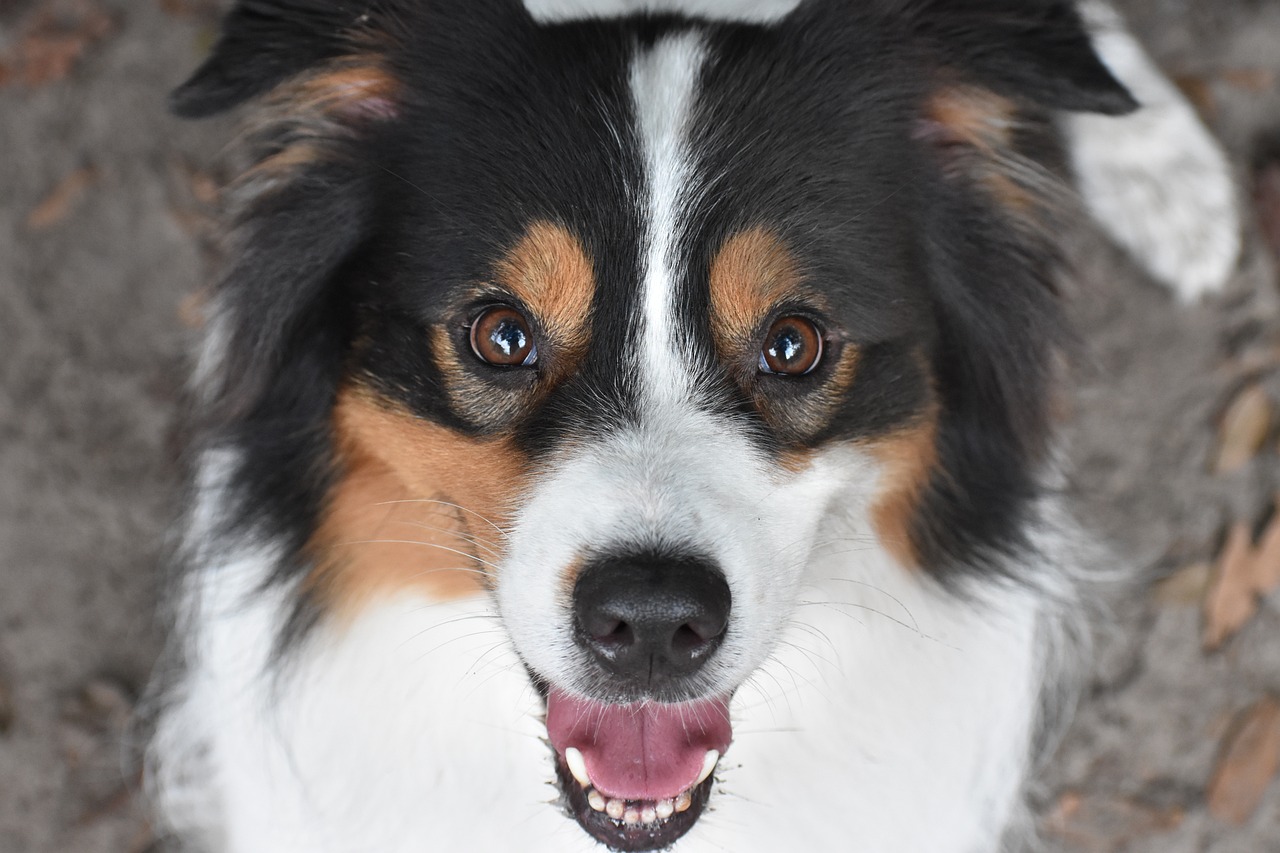In the dog world, some behaviors are as amusing as they are frustrating, and one of the most common is the tendency to steal food. While almost any dog can show interest in human food, there are some breeds that seem to be more adept at this art. This behavior isn’t just a sign of hunger; This often reflects the intelligence, agility, and historical background of the breed. From scent-tracking hounds to clever herders, these breeds have traits that make them especially adept at stealing snacks. In this comprehensive article, we’ll discuss the ten dog breeds most likely to steal your food, exploring the unique characteristics that make each of them particularly adept at this mischievous behavior.
1. Beagle
Beagles, renowned for their keen sense of smell and hunting skills, are notorious for reaching for your food directly with their noses. They were originally bred for tracking, and this trait makes them particularly attracted to the scents emanating from your kitchen. Their small, agile bodies allow them to move around silently, making them stealthy and effective food thieves. Additionally, beagles are known for their voracious appetites, they are always on the lookout for food, making them more likely to snatch inaccessible foods.
2. Labrador Retriever
Labrador Retrievers are known for their almost insatiable appetite, which can often cause them to make great efforts to obtain food. This breed has a genetic predisposition to feeling constantly hungry, which combined with their intelligence and size makes them particularly adept at finding and accessing food. Labs are often forgiven for their food stealing antics due to their friendly and lovable nature.
3. Siberian Husky
Siberian Huskies, initially bred for sledding in harsh conditions, have survival instincts that include searching for food. This tendency may manifest as a tendency to seek out and steal food in the domestic environment. Huskies are also known for their playful and mischievous character, often turning food stealing into a game.
4. Dachshund
Despite their small size, Dachshunds are known for being frequent food thieves. His hunting background, especially for small game, has endowed him with a keen sense of smell and a tireless nature. Their long bodies and short legs enable them to move through tight spaces to smell and reach food.
5. Boxer
Boxers are high-energy, playful dogs with a natural curiosity that often leads them to explore areas where food is kept. Their athleticism and intelligence allow them to reach places many other breeds cannot. This, combined with their playful nature, often helps them find and snatch food.
6. Golden Retriever
Golden Retrievers share their Labrador cousins’ love of food. They are particularly adept at snatching food slowly and silently, a skill that comes from their historical role as bird retrievers. Their intelligence also plays a role in their ability to locate food and take it quietly without being noticed.
7. Jack Russell Terrier
Jack Russell Terriers may be small, but they have a courageous and agile nature. Their origins in fox hunting have given them a strong drive and determination, which can be directed towards finding and stealing food. Their small size allows them to reach uncharted areas, and their high energy keeps them constantly alert for a snack opportunity.
8. Border Collie
Border Collies are known for their extraordinary intelligence and quick learning abilities. They are skilled at understanding and predicting human behavior, which they can use to their advantage when stealing food. Their agility and speed make them adept at quick, stealthy robberies.
9. Bulldog
Bulldogs may not be as agile as other breeds on this list, but they compensate with determination and tenacity. Known for their strong jaws, Bulldogs are hard to stop once they decide to grab onto something. This trait extends to their search for food, making them surprisingly effective at silently foraging.
10. Australian Shepherd
Australian Shepherds are smart and agile, skills that were essential to their role as herding dogs. They are excellent problem-solvers, often figuring out how to access stored food. Their agility helps them overcome obstacles to reach their culinary goals.
Although these breeds may have a natural inclination towards food theft, it is important to remember that individual personality and training play a significant role in this behavior. Proper training and management can significantly reduce the likelihood of food theft regardless of breed. However, understanding these trends can help owners be more vigilant and take preventive measures. Ultimately, these mischievous behaviors add to the unique charm and personality of these beloved breeds.

